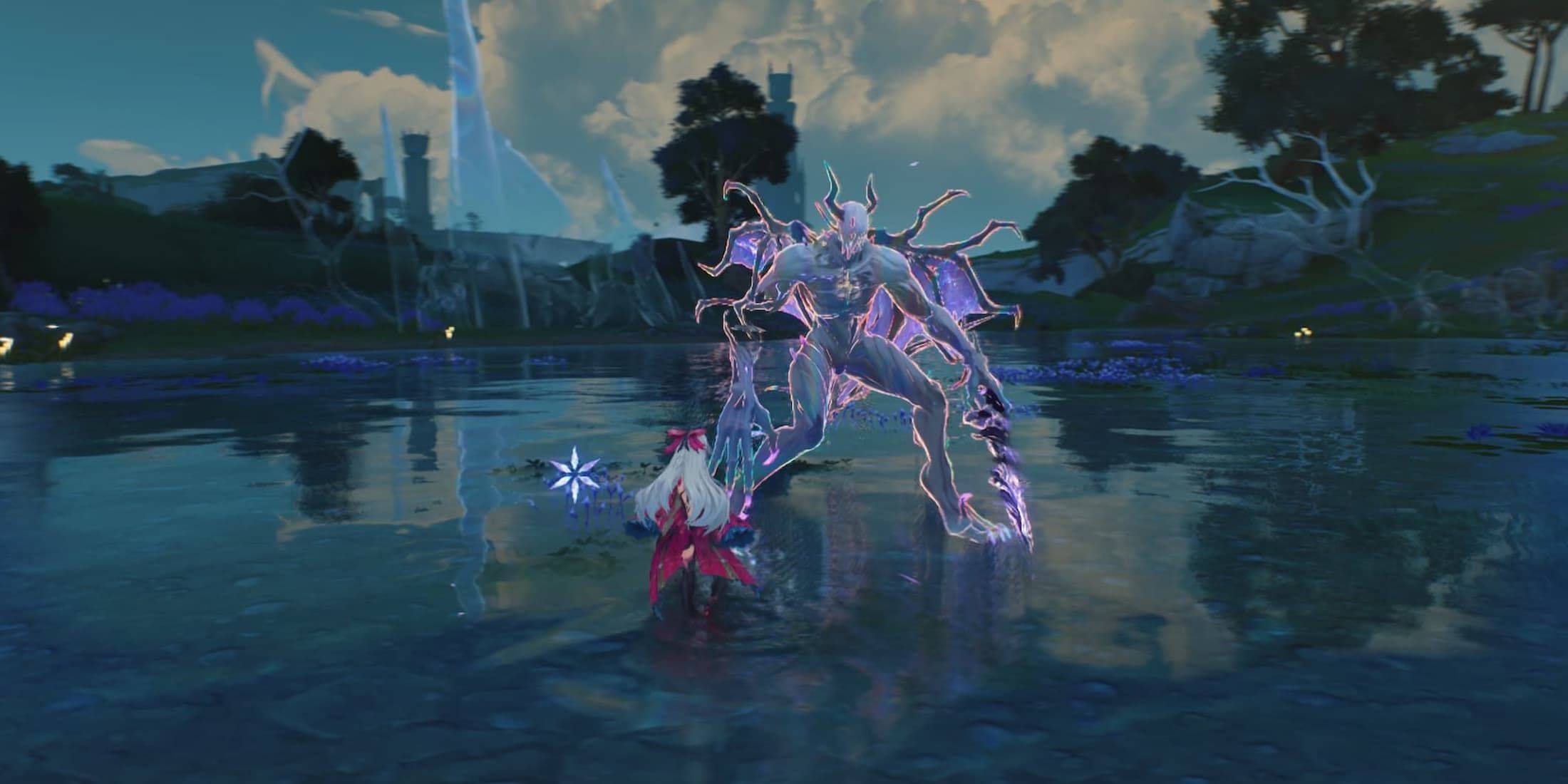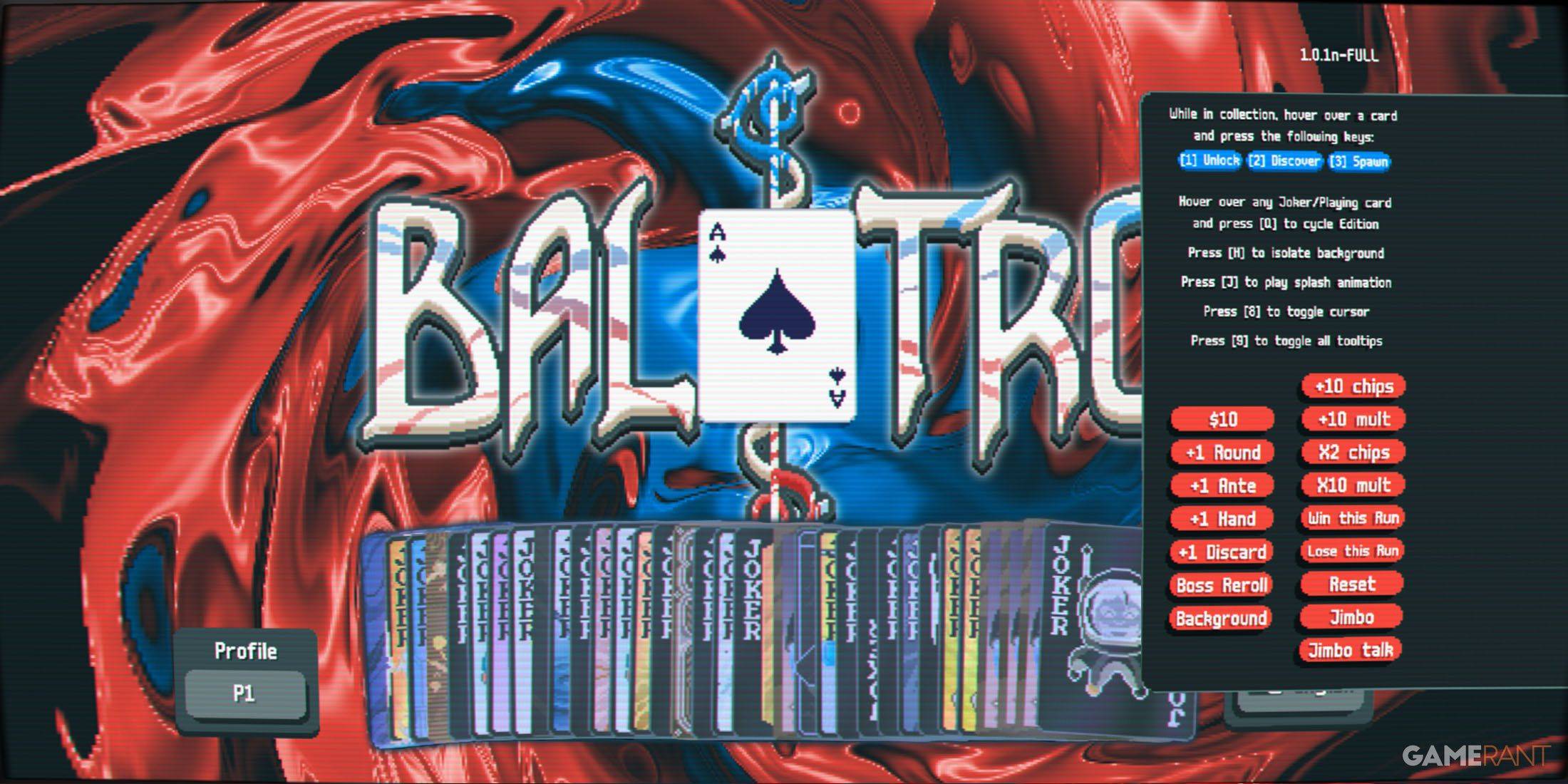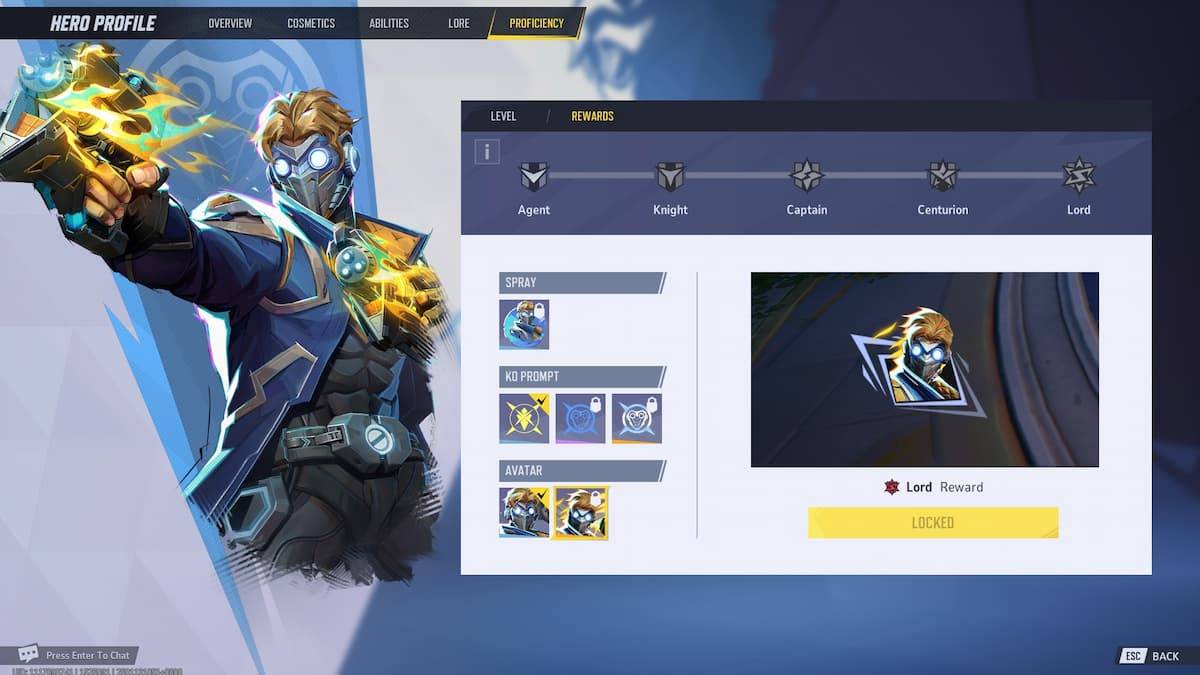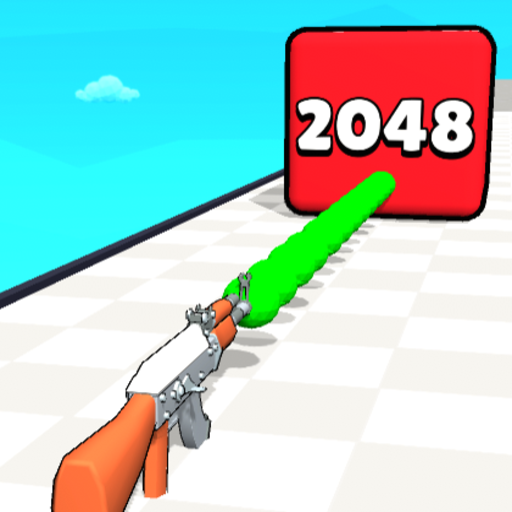Capcom Leverages AI for Vast In-Game Environment Creation
Capcom is exploring the use of generative AI to streamline the creation of in-game assets, addressing the significant time and resource demands associated with generating "hundreds of thousands" of unique design concepts. This initiative reflects a broader industry trend, as rising video game development costs push publishers towards AI-powered solutions for increased efficiency and cost reduction. Recent examples include the reported use of AI-generated content in Call of Duty and EA's statement highlighting AI's central role in their operations.
In an interview with Google Cloud Japan, Capcom's technical director, Kazuki Abe (known for his work on titles like Monster Hunter: World and Exoprimal), detailed the company's AI experimentation. Abe highlighted the substantial effort required to generate diverse designs, citing the example of televisions needing unique designs, logos, and shapes, resulting in the need for hundreds of thousands of concepts, many of which remain unused. This process involves multiple proposals, each accompanied by illustrations and text descriptions for communication with art directors and artists.
To improve efficiency, Abe developed a system leveraging generative AI. This system processes game design documents and generates design proposals, accelerating the development process. The AI iteratively refines its output, providing feedback and improving the quality of the generated ideas. This prototype, utilizing AI models such as Google Gemini Pro, Gemini Flash, and Imagen, has reportedly received positive internal feedback. The anticipated outcome is a significant cost reduction compared to manual creation, alongside an improvement in overall design quality.
Currently, Capcom's AI implementation is focused solely on this asset generation system. Other critical aspects of game development, including core gameplay mechanics, programming, character design, and overall game narrative ideation, remain firmly under the control of human developers.




![Taffy Tales [v1.07.3a]](https://imgs.anofc.com/uploads/32/1719554710667e529623764.jpg)


























